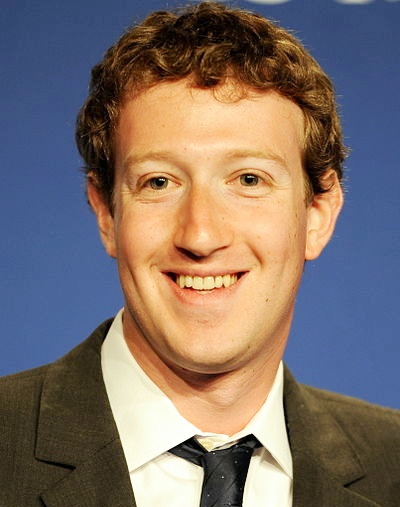Zuckerberg’s global internet vision powered by drones
29 Mar 2014
 Mark Zuckerberg is firm on plans to provide internet access, and thus Facebook access, to the remotest parts of the globe. The social network's CEO yesterday revealed more about about how he planned to do that.
Mark Zuckerberg is firm on plans to provide internet access, and thus Facebook access, to the remotest parts of the globe. The social network's CEO yesterday revealed more about about how he planned to do that.
His plans involve drones, satellites and even data-carrying laser beams fired across space.
Zuckerberg did not refer to rival Google's plans directly, but mentioned twice why he thought drones were a better option than balloons for beaming internet access to remote places. Google's Project Loon would deploy balloons as vehicles to provide internet access (See: Google reveals plan to beam internet from balloons in stratosphere).
With drones, Facebook will be able to ''precisely control the location of these aircraft, unlike balloons,'' Zuckerberg wrote in a paper on the topic. And drones, he said elsewhere, ''have more endurance than balloons.''
Different parts of the world required different technologies for internet access, on the basis of factors such as population density and the size of the area to be covered.
In a paper published yesterday, Zuckerberg described the social network's approach to the problem: some 10 per cent to 20 per cent of the world's population lived outside the range of 2G and 3G wireless networks, with many in far flung areas where building physical networks on the ground was ''uneconomical as well as impractical,'' he explained.
Meanwhile, Facebook has unveiled its new Connectivity Lab, which included experts from Nasa and has been described as working on "new aerospace and communications technologies".
According to Zuckerberg, the company had been working on ways to beam internet to people from the sky.
Yael Maguire, a director of engineering for the social network, said the company was looking at a new type of plane architecture that flew at roughly 20,000 metres, as that was the point where winds were at their lowest.
He added the planes were solar-powered and they sat there and circled around, and had the ability to broadcast internet down (Facebook aims at internet through UAVs; eyes solar drone maker Titan).


















